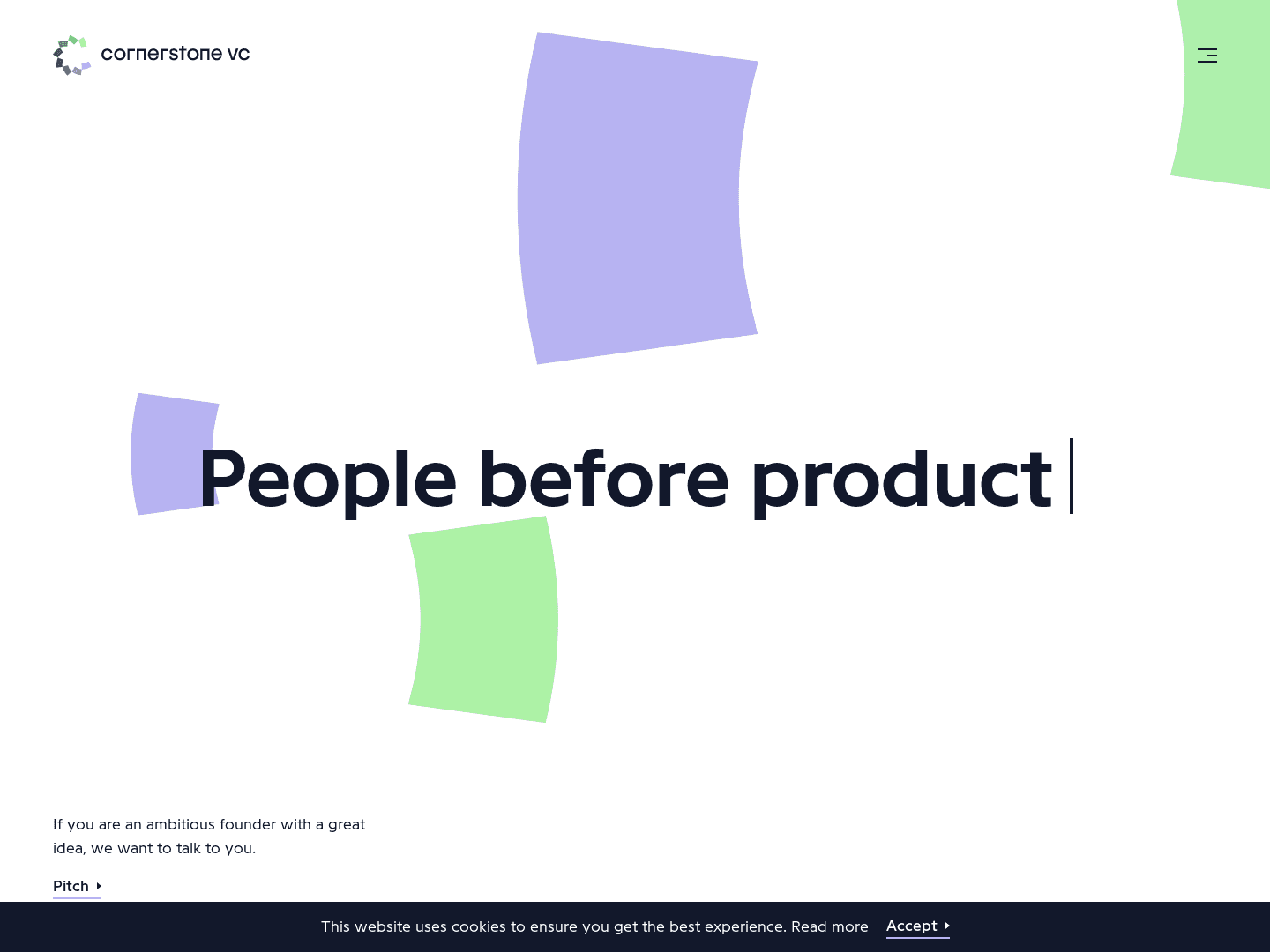Bristol based Gladys raises £1.5m led by Cornerstone VC with Exceptional Ventures
This article covers a seed funding round on 13 October 2025 for Gladys, a Bristol healthtech platform matching care seekers to local carers, founded by Georgina Robinson and Alex Sorisi. The round raised £1.5m and was led by Cornerstone VC, with participation from Exceptional Ventures.
What does Gladys do?
Gladys is a Bristol-based technology platform that matches care seekers with local paid carers and companions. It uses AI back-office agents and scheduling tools to let families find, book and manage local carers.
Why is Gladys useful?
Problem
People face a broken social care system that makes finding reliable, local carers difficult. Families worry about understaffing, rising costs, and inconsistent support for loved ones.
Solution
Gladys explains that it matches care seekers with vetted local carers via a technology platform. The platform helps families book care, build local care communities, and scale support nationwide.
How much did Gladys raise?
Gladys raised £1.5m in a seed round, led by Cornerstone VC alongside existing backers. This makes it the 24th largest funding round in October 2025 (31 recorded). It stands 373rd for 2025 (503 total) in the Startupmag database, as of 13 October 2025.
For details on how Startupmag compiles its rankings, view our Methodology.
Who invested in Gladys?
Key investors in the round included:
- Cornerstone VC: A venture capital firm that invests in technology and health startups at early stages, primarily in the UK.
- Exceptional Ventures: A venture capital firm that provides seed and pre-seed capital to UK consumer and technology businesses.
- Embryo Ventures: A UK-focused early-stage investor concentrating on consumer and digital health companies.
- Ufi Ventures: The investment arm of a UK trust that funds ventures developing adult learning and digital skills solutions.
- Houghton Street Ventures: An early-stage investor that backs tech-enabled businesses across the UK and Europe.
- Conduit EIS Impact Fund: An EIS impact fund investing in UK companies with measurable social or environmental outcomes.
In the funding announcement, Rodney Appiah from Cornerstone VC said:
Rising care costs, an overstretched social care system, and the demands of daily life can leave families feeling guilty and stretched thin as they think about their elderly loved ones. That's why I'm thrilled to back George and Alex as they build Gladys, a managed social care platform that makes it easy to find and book trusted caregivers and companions.
If you're researching potential backers in this space:
- Explore our list of healthtech venture capital firms in the UK
- Browse our directory of healthtech angel investors in the UK
Who founded Gladys?
The founders of Gladys are Georgina Robinson and Alex Sorisi.
Where is Gladys based?
Gladys is based in Bristol, UK.
What sector is Gladys in?
Gladys operates in the healthtech sector. Healthtech uses technology to improve healthcare and social care delivery. It helps people find and book local carers and manage care needs.
Key trends and challenges in Healthtech:
Ageing population driving demand
An ageing population means more long-term care, for example around one in six UK people are over 65.
Staff shortages and low pay
Social care and the NHS face staffing gaps, causing missed visits and long waits.
AI and digital platforms
Tools like chatbots and scheduling software speed access, but integration with NHS records is often hard.
For a deeper look at innovation in this space, see the healthtech startups in the UK.
They've invested in Gladys
Get to know these healthtech investors
| Investor | Sector | Stage | Activity | Team | Connect |
|---|---|---|---|---|---|
 Cornerstone VC | 11 investments investments | 1 contact contact | |||
 Exceptional Ventures | 24 investments investments | 5 contacts contacts | |||
 Embryo Ventures | 1 investment investment | 3 contacts contacts | |||
 Ufi Ventures | 4 investments investments | 3 contacts contacts | |||
 Houghton Street Ventures | 2 investments investments | 4 contacts contacts | |||
 Conduit EIS Impact Fund | 4 investments investments | more info |
Click here for a full list of 7,526+ startup investors in the UK
